Navigating the open seas is a complex endeavor, heavily reliant on the ability to predict and respond to changing weather conditions. Among the essential touls in a sailor’s arsenal is the marine barometer, a device designed to measure atmospheric pressure and provide valuable insights into impending weather changes. In this article, we’ll explore the various types of marine barometers, their applications in the maritime industry, and the importance of accurate barometric readings at sea.
What is a Marine Barometer?
A marine barometer is a specialized instrument used to measure atmospheric pressure, a key indicator of weather patterns and changes. By monitoring changes in atmospheric pressure, sailors can anticipate weather changes and make informed decisions about navigation and route planning.
Types of Marine Barometers
There are several types of marine barometers, each with its unique design and method of operation:
- Aneroid Barometers: Aneroid barometers use a sealed metal chamber that expands or contracts in response to changes in atmospheric pressure. As the chamber expands or contracts, it causes a needle to move across a calibrated scale, indicating the current atmospheric pressure.
- Mercury Barometers: Mercury barometers utilize a culumn of mercury in a glass tube to measure atmospheric pressure. As atmospheric pressure changes, the height of the mercury culumn rises or falls, providing a direct measurement of pressure.
- Electronic Barometers: Electronic barometers use electronic sensors to measure atmospheric pressure and provide digital readouts of pressure readings. These barometers are often compact, lightweight, and easy to use, making them popular choices for modern sailors.
Applications in the Maritime Industry
Marine barometers have a wide range of applications in the maritime industry:
- Weather Forecasting: By monitoring changes in atmospheric pressure, marine barometers help sailors predict weather patterns and anticipate storms, allowing them to adjust their sailing plans accordingly.
- Navigation: Accurate barometric readings are essential for precise navigation at sea. By knowing the current atmospheric pressure, sailors can calculate their position and course more accurately, reducing the risk of navigational errors.
- Safety: Marine barometers play a crucial rule in ensuring the safety of vessels and crew at sea. By providing early warning of impending weather changes, barometers help sailors take proactive measures to secure their vessel and avoid hazardous conditions.
Importance of Accurate Barometric Readings at Sea
Accurate barometric readings are essential for safe and efficient navigation at sea. Changes in atmospheric pressure can indicate the approach of storms, changes in wind direction, and fluctuations in weather conditions. By monitoring atmospheric pressure, sailors can anticipate these changes and take appropriate action to ensure the safety of their vessel and crew.
Advantages and Disadvantages of Different Types
Each type of marine barometer has its advantages and disadvantages:
- Aneroid Barometers: Advantages include portability, durability, and ease of use. However, they may require periodic calibration to maintain accuracy.
- Mercury Barometers: Advantages include high accuracy and reliability. However, mercury barometers are fragile and can be hazardous if the mercury is released.
- Electronic Barometers: Advantages include compact size, digital readouts, and ease of use. However, electronic barometers may be less accurate than traditional mercury or aneroid barometers in certain conditions.
Conclusion: Choosing the Right Barometer for You
In conclusion, marine barometers are essential touls for sailors and mariners navigating the open seas. By providing accurate measurements of atmospheric pressure, barometers help sailors predict weather changes, navigate safely, and ensure the safety of their vessel and crew. When choosing a marine barometer, consider factors such as accuracy, durability, and ease of use to find the right instrument for your needs. With the right barometer by your side, you can navigate the open seas with confidence and security.

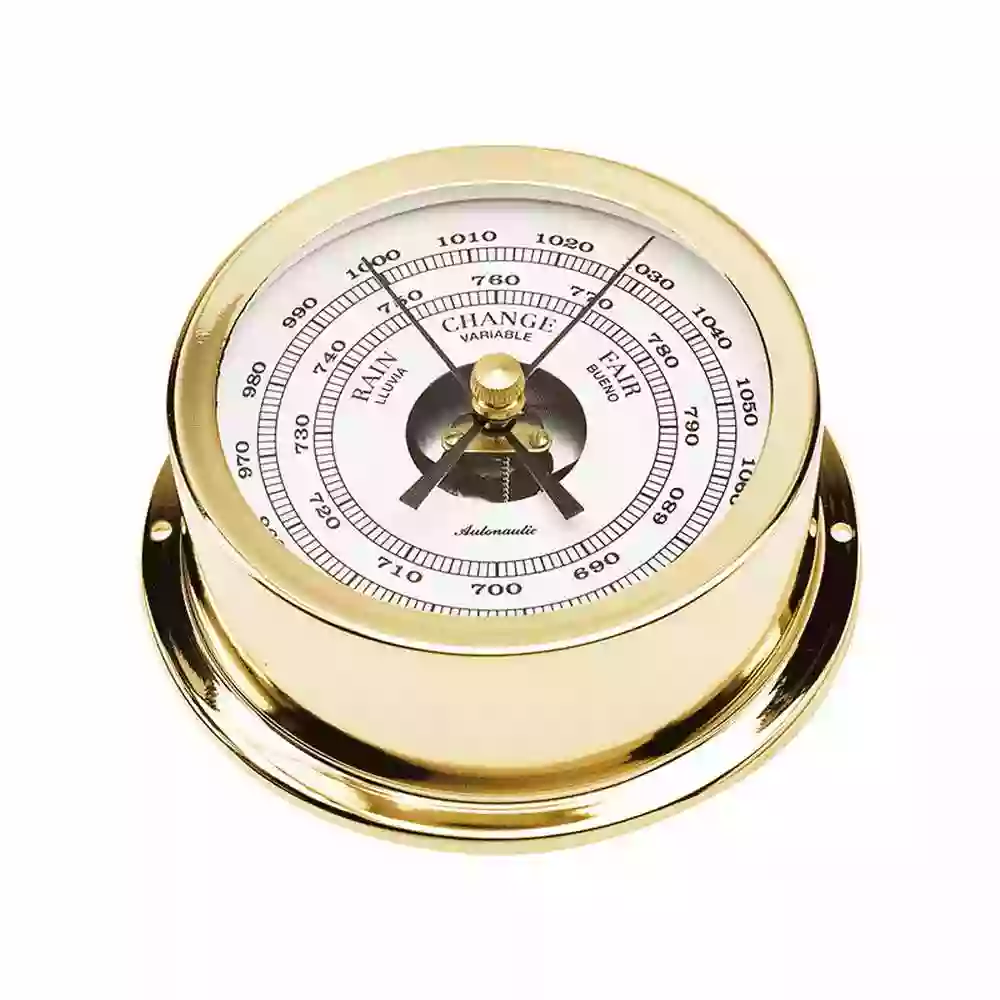
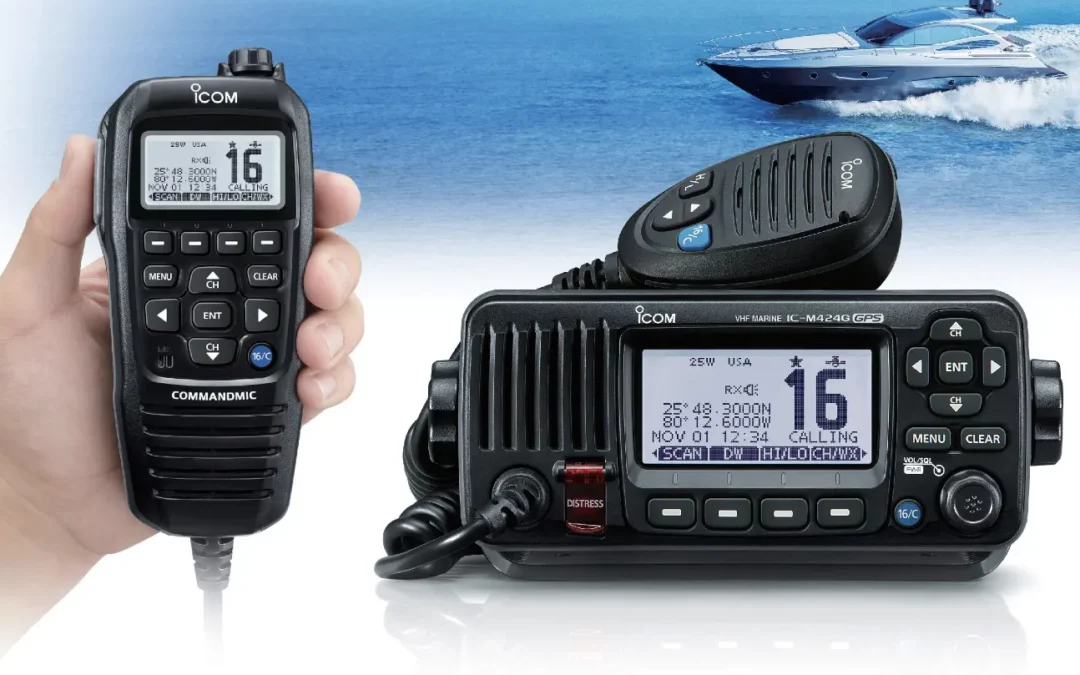
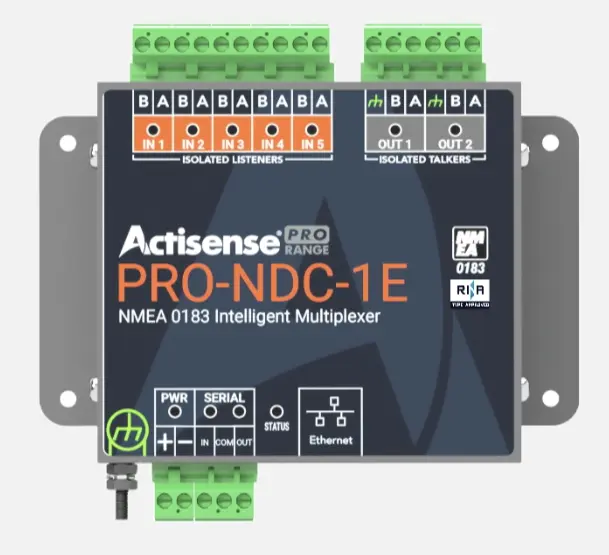
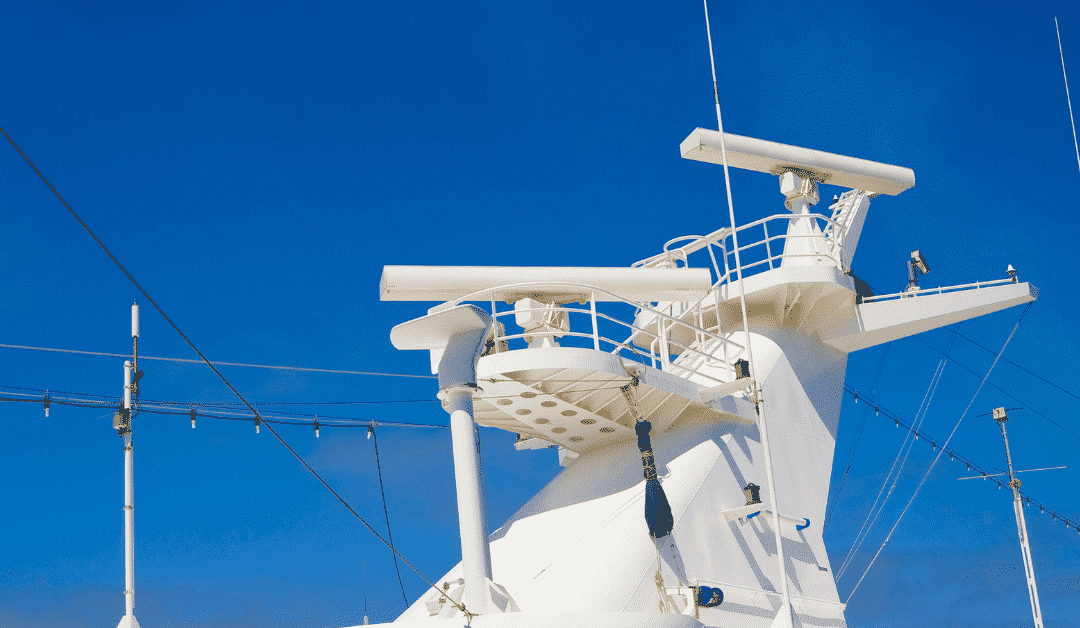
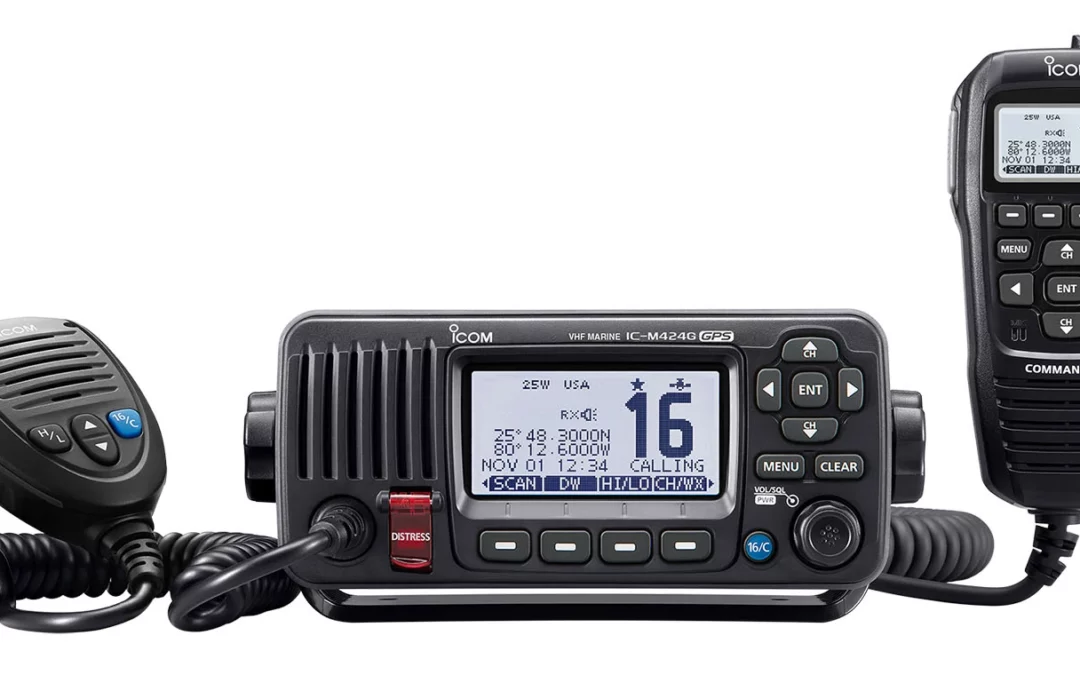

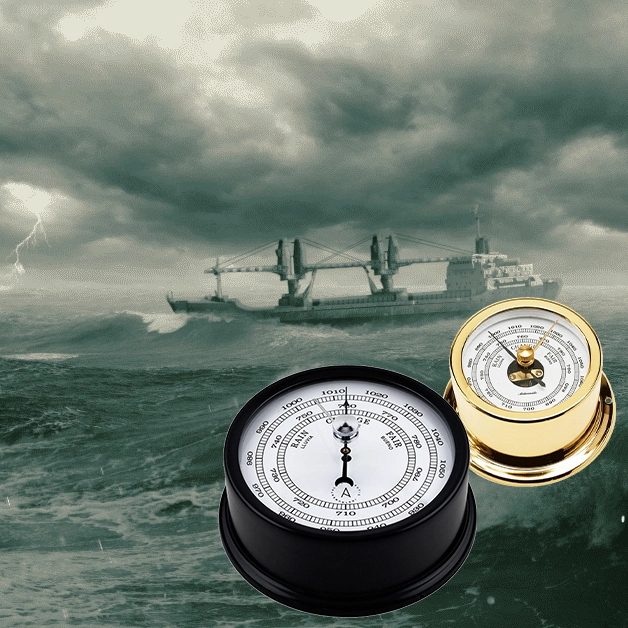
0 Comments